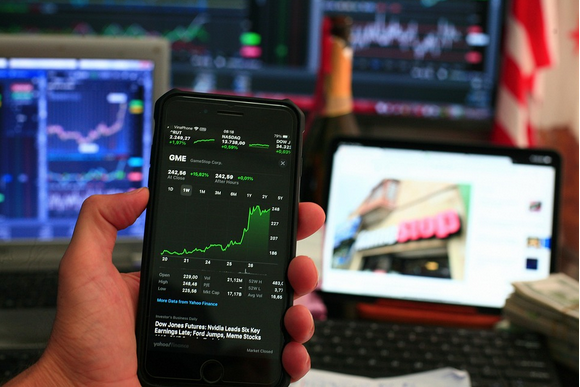In a move that has shocked Wall Street and the retail sector, global footwear giant Skechers is set to be acquired by private equity powerhouse 3G Capital. The deal, announced early Monday morning, will take Skechers private in a transaction valued at approximately $8.4 billion, triggering a 24% surge in the company’s stock price.
3G Capital, known for its bold and often aggressive approach to business transformations, has made headlines in the past with major acquisitions such as Burger King, Kraft Heinz, and Anheuser-Busch. The firm now turns its focus to the athletic and lifestyle footwear industry, betting big on Skechers’ international growth potential and brand value.
Under the terms of the agreement, Skechers shareholders will receive $68.50 per share in cash, a significant premium over Friday’s closing price of $55.20. The deal has been unanimously approved by Skechers’ board of directors and is expected to close in the fourth quarter of 2025, pending regulatory approvals and shareholder consent.
A New Chapter for Skechers
Skechers, headquartered in Manhattan Beach, California, has come a long way since its founding in 1992. Once viewed as a lower-cost alternative in the sneaker space, the company has carved out a strong global presence, thanks to savvy marketing campaigns, comfortable footwear lines, and aggressive international expansion.
Robert Greenberg, Skechers’ longtime CEO and founder, expressed confidence in the deal during a press call Monday morning. “This is an exciting milestone for Skechers. Partnering with 3G Capital will allow us to accelerate our long-term strategy, invest in innovation, and reach more customers worldwide.”
Industry analysts are calling the acquisition a “strategic masterstroke” for 3G Capital, particularly given the recent rise in consumer demand for casual and comfort-oriented footwear. Skechers has shown remarkable resilience in a volatile retail landscape, with consistent revenue growth and expanding margins, especially in overseas markets like Asia and South America.
Why 3G Capital is Interested
While 3G Capital has traditionally focused on consumer goods and food brands, sources close to the firm say the decision to acquire Skechers was driven by two main factors: global brand recognition and operational scalability.
“Skechers is a profitable, growing brand with massive potential for operational optimization,” said one executive familiar with the deal. “3G sees an opportunity to streamline operations, expand direct-to-consumer channels, and unlock long-term value.”
It’s also worth noting that the footwear industry has remained relatively insulated from the worst effects of inflation and supply chain disruptions. Skechers’ broad portfolio — ranging from lifestyle sneakers to work boots — provides a diverse revenue base, reducing dependence on any single market segment.
What This Means for Investors and Employees
For shareholders, the 24% stock jump is already delivering strong returns, but some are wary of what going private could mean for transparency and long-term growth prospects. Activist investors, however, had recently been pushing for strategic changes or a buyout, citing undervaluation in the public markets — a view now vindicated by the premium price tag.
As for Skechers employees, the company reassured staff that day-to-day operations would remain unchanged for the foreseeable future. A joint statement from Skechers and 3G Capital emphasized a “shared commitment to preserving company culture, retaining talent, and investing in global expansion.”
However, given 3G Capital’s history of cost-cutting, there’s lingering uncertainty about potential restructuring down the road.
A Footwear Industry Shake-Up
This acquisition marks one of the largest retail take-private deals in recent memory and signals renewed interest in the apparel and footwear sectors by private equity firms. With athleisure continuing to dominate consumer trends, firms like 3G Capital are positioning themselves to capitalize on demand.
If the deal is finalized as expected later this year, it could pave the way for other major players in the industry to consider private equity partnerships — or become targets themselves.






